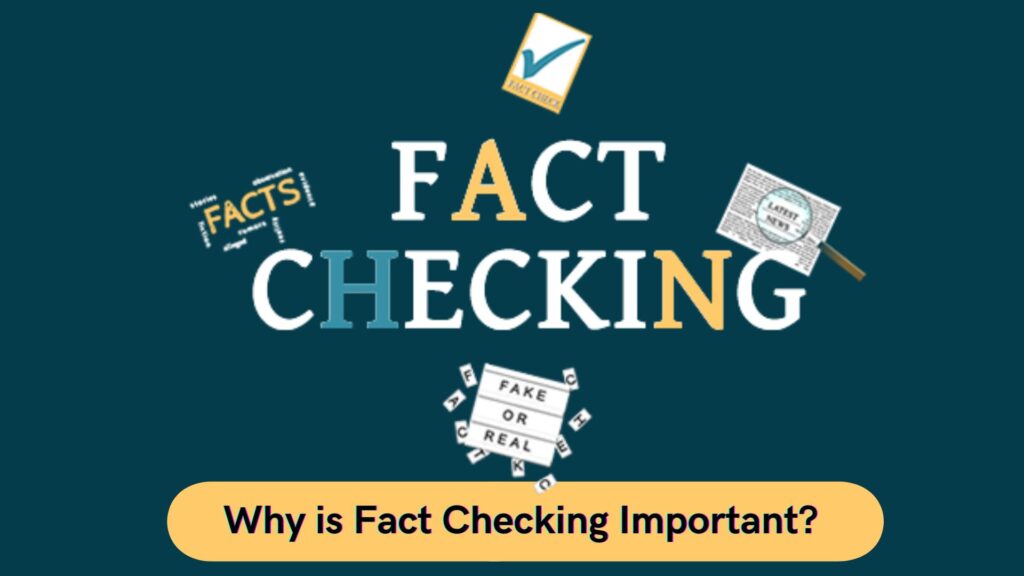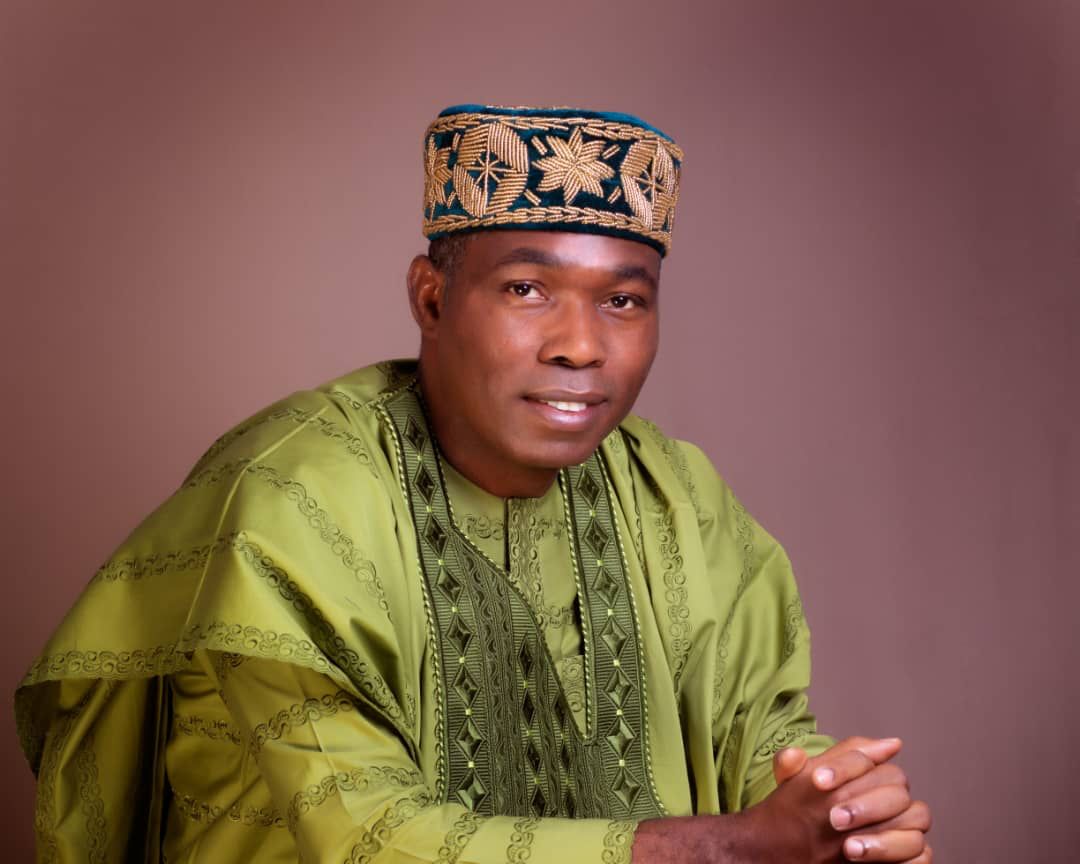Other Pages
- Opinion Poll
- About Us
- Send Your Story
- Contact Us
- Newsletter
- Privacy Policy
- Terms and Conditions
Presidential candidates for the 2023 elections
On February 25, 2023, President Muhammadu Buhari will prepare to pass the baton to one of the 18 presidential candidates ready for the 2023 presidential election.
Some of the frontrunners have frequently fed Nigerians with untrue claims in a bid to show Nigerians that they have mastered the art of the problems they want to solve if voted into office.
In a two-part special report, the AllNews Nigeria fact-check desk handpicks some notable factual gaffes six presidential candidates in the spotlight have made as we count down to one of the most crucial years in Nigeria’s political history, 2023.
The candidates showcase their national savvies at live televised town hall meetings, exclusive personality interviews, campaign rallies, and social media platforms to impress their followers and convince Nigerians that they understand Nigeria’s national realities.
But this report reveals that the six of them captured by this report have to go back to the drawing board to re-equip their informational resources to tackle Nigeria's problems if there are any.

Oftentimes, we hear people ask us why we had to go on this fact-finding mission.
It is essential that we examine our potential leaders to separate husks from grains in what they feed us.
The separation will prevent us from believing misleading information peddled by politicians who want to appear as the solution to Nigeria’s national woes when they do not actually understand them.
According to NYU psychology professor Jay Van Bavel, the partisan brain tends to value group belonging over accuracy.
To disallow this belongingness not to influence electoral decisions that Nigerians will make in 2023, we must put their utterances and beliefs to the test.

The statements made by these presidential candidates are the manifestation of their thoughts, beliefs and discoveries.
It will be a national catastrophe if no one points out that some of their findings are out of place so they can reexamine their preparations.
Indeed, one of them will succeed President Muhammadu Buhari next year.
On November 17, 2022, at the presidential town hall meeting organised by a TV station in the country, Adebayo criticised President Muhammadu Buhari’s leadership for making a mess of the economy alongside its vital crude oil and natural gas resources.

His view, which manifested through what he said, was that as much as 80% of Nigeria’s crude oil was being stolen.
Though AllNews Nigeria understands that there has been reportedly oil theft in the country, that 80% of the oil is stolen is unbelievably false.
In this claim, the presidential candidate painted a picture of a failed country incapacitated to defend its primary source of wealth.
But the Nigerian Upstream Petroleum Regulatory Commission synchronises oil and gas production in Nigeria.
Gbenga Komolafe is the chief executive of the agency.
In June 2022, he said that oil theft had been estimated at a daily average of 120,000 barrels in the first three months of the year.
In that period, Nigeria’s central bank recorded production at more than 1.2 million barrels daily – an average of 1.4 million in January, 1.26 million in February and 1.24 million in March.
The estimated figure of 120,000 barrels is less than 10% of the oil produced.
Others have given higher estimates of up to 400,000 barrels daily, but this does not translate to 80% of the country’s output.
You would think that was all until Adebayo revealed again that the Central Bank of Nigeria’s performance has been poor.
He said it is because the body failed to handle monetary policies in the country properly.
To heal this, the candidate promised to appoint an economist – for “the first time in a long time” – as the bank’s governor.
Putting this promise to the test, it does not add up because the country has had four central bank governors since since1999, with two of them being economists.
Between 1999 and 2004, Joseph Sanusi, an accountant with profound experience in capital markets and banking, was the governor.
He was succeeded by Chukwuma Soludo, from 2004 to 2009, who is a professor of economics from.
Soludo’s economic trajectory took him to institutions such as the Brookings Institution in the US and the University of Cambridge in the UK.
Soludo vacated the office for Sanusi Lamido Sanusi, who has a bachelor’s degree in economics and was an Economics lecturer at Ahmadu Bello University before going into banking. He left the CBN in 2014.
Godwin Emefiele has been in office since then. He studied banking and finance and taught finance and insurance at two Nigerian universities before beginning his banking career.
In context, the country had two CBN governors out of four.
The two-term Vice President, dubbed the unifier, has also made numerous claims to establish that he is prepared for the task ahead of him if he becomes president.
While presenting his economic plans at a recent event by the Lagos Chamber of Commerce and Industry (LCCI), he posited that essential commodities in the country are beyond the reach of the average Nigerian.
Atiku said, “a loaf of bread costs 100 per cent more than it did in 2020.”
This is false because the cost of a loaf of bread has only increased by 52 per cent for sliced and 55 per cent for unsliced bread — not 100 per cent as the PDP presidential flagbearer claimed.
According to the National Bureau of Statistics (NBS), in July, the average cost of bread (500g) across the country was N486.27 for sliced bread and N447.16 for unsliced bread.
Whereas, in 2020, the average cost of bread (500g) was N318.5 for sliced and N287.7 for unsliced.
Putting the facts right, the difference in the average cost of bread between 2020 and 2022 when Atiku made the statement was N167.7, representing a 52.6 per cent increase for sliced; and N159.46 for unsliced, rising by 55.4 per cent.
Moving forward, Atiku Abubakar explained that the number of fully employed people dropped by 54%, from 68 million in 2015 to 31 million people.
This is untrue because there was never any point in 2015 that the number of fully employed Nigerians was 68 million, judging by the statistics collected from the National Bureau of Statistics (NBS).
The NBS data show that over 23.1 million persons out of the total labour force of 69.6 million were unemployed as of the last quarter of 2020.
Further verification showed that the total number of fully employed Nigerians in Q1 2015 was 55.69 million; in Q2 was 54. 37 million; Q3 stood at 55.21 million while Q4 was pegged at 54.50 million.

Meanwhile, for the year 2020, the NBS only published labour force data in Q2 and Q4.
The number of fully-employed Nigerians in Q2 was 35.5 million; in Q4, it was put at 30.57 million.
Another administrative blunder blown by Atiku was to enunciate that electricity is under the exclusive legislative list.
This is far from the truth because electricity is under the concurrent legislative list.
Atiku said he would propose legislation to remove the entire electricity value chain from the exclusive list and give states the power to generate, transmit and distribute electricity for themselves.
Electricity is not included in the 68 items on the exclusive legislative list of the 1999 constitution. Therefore, Atiku’s proposal doesn’t work.
 What are these lists all about?
What are these lists all about?Nigeria is a federal state where administrative powers are shared between the federal government and the component units.
These powers are fused into the exclusive, concurrent, and residual legislative lists.
The exclusive legislative list is for the federal government.
The concurrent legislative list is reserved for the federal and state governments to freely legislate, provided that where there is a clash of laws, the federal government’s law prevails.
But the House of Assembly of a state has exclusive power to legislate on residual matters not included in either the exclusive or concurrent lists.
In January, the two-term Lagos governor said while addressing his party members in Abuja that the Permanent Voters Cards (PVCs) issued by the Independent National Electoral Commission (INEC) had expired.
His words, “In case they do not announce to you on time, the PVC you have has expired,” is false judging by INEC’s reaction.

The Chief Technical Adviser to the Chairman of INEC, Professor Bolade Eyinla explained that PVCs earlier issued by the Commission remain valid.
Tinubu also claimed in an interview in April that he received zero allocation from the Federation Account Allocation Committee (FAAC) while he was the governor of Lagos State.
Not only that, he said Lagos State rose to be the largest economy in Africa despite the lack of funds from the federal government.
In actuality, both claims are untrue because the allocations claimed to be seized by FAAC were reported to be the local government council funds withheld in 2004, which was already five years into Tinubu’s eight-year administration.
The funds were released when the late Umaru Musa Yaradua became president in 2007.
No authoritative facts suggest that Lagos State became the largest economy in Africa at the time because Nigeria was still the largest economy in Africa, making his claims untrue.
Bola Tinubu also boasted that he brought one of the leading mobile telecommunications companies, Econet, now known as Airtel, to Nigeria.
While putting himself forward at an interactive session with the APC presidential screening committee in May, he said, “Telecommunication is nonsense in Nigeria today. I brought Econet; Econet is now Airtel.”
But facts available to all New Nigeria say otherwise. We gathered that a Zimbabwean, Strive Masiyiwa, brought Econet to Nigeria.
He founded Econet Wireless in 1993 and fled his country in March 2000 over persecution from the Zimbabwean authorities.
Consequently, in match 2001, the Nigerian Communication Commission (NCC) issued Econet Wireless Nigeria Limited, alongside MTN Nigeria and NITEL, digital mobile licences after paying $285 million as license fees.
Econet didn’t thrive as Tinubu presented it. The company battled financial crises, which made it sell 30% of its shares to the Lagos, Delta, and Akwa Ibom state governments.
The company was later sold out to Vodacom in 2004.
The CEO said afterwards that they frustrated his establishment out of business because he could not bribe investors.
In the second part of this report, we will bring forth the inconsistencies of other candidates including Omoyele Sowore, Peter Obi and Rabiu Kwankwaso respectively.
A special thanks to Africa Check for providing valuable resources used for these findings.
0 Comment(s)